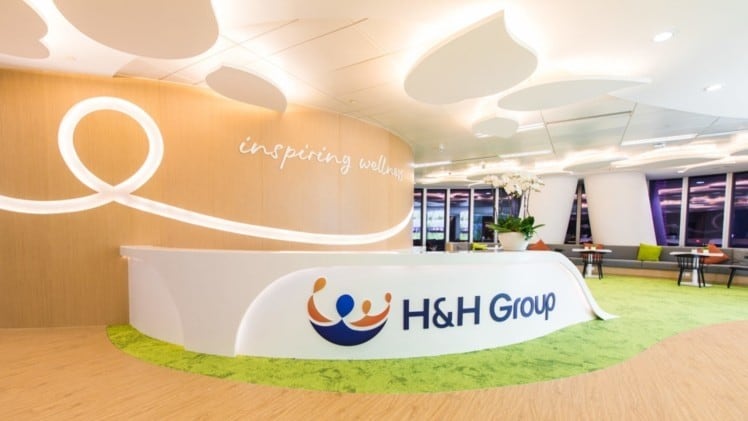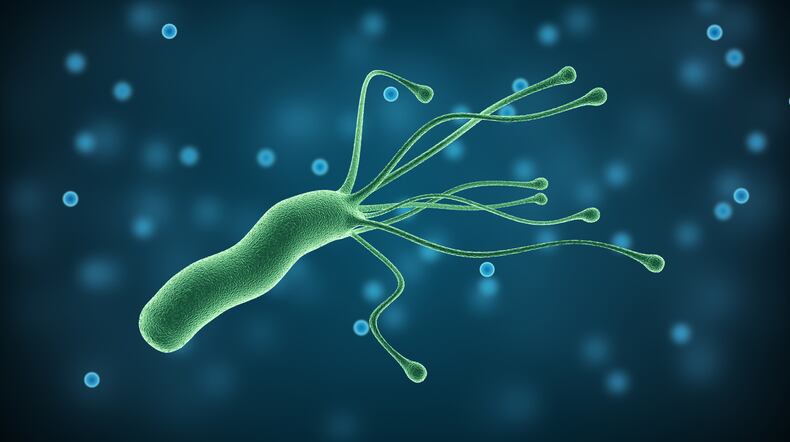The recovery was due to the full roll-out of its new infant formulas reformulated according to China’s new national or Guobiao (GB) standards.
The company sells infant formulas under the brand Biostime and mainland China is its largest market for both infant and adult nutrition products.
The company also managed to grow market shares in China’s e-commerce and baby specialty stores channels - particularly in the super-premium infant formula category.
Biostime is said to enjoy a market share of 15.6 per cent in the super-premium infant formula category in the first two months of this year, the company said, citing data from Nielsen.
“Our IMF (infant milk formula) business growth was also due to the low base of Q1 2024 before the full roll-out of the new GB series.
“Biostime’s market share in the super-premium IMF segment increased to 13.7 per cent in the twelve months ended 28 February 2025, and accelerated to 15.6 per cent in the first two months of 2025, with the pace of contraction in the overall super-premium IMF market slowing significantly over the Relevant Period,” the company said in its Q1 report.
Of note is also the increased market share for its stage one and two infant formulas, which comprised 5.3 per cent and 5.4 per cent of the market share respectively in January and February this year.
“Our stage one and stage two IMFs also continued to steadily gain market share, reaching 5.3 per cent and 5.4 per cent respectively in the first two months of 2025, with retail scanned sales increasing by 55.4 per cent and 8.7 per cent respectively - laying a solid foundation for the growth of our older stages IMF formulas later in 2025,” said Nick Mann, Group CEO and CEO of Australia, New Zealand and Asia at H&H Group.
As a result, revenue of its infant formula business grew 44.3 per cent from RMB625m (US$85.4m) to RMB901.6m (US$123.3m) in Q1 this year.
Still, sales remained lower than previous years.
Back in Q1 2023, revenue of its infant formulas was RMB932.1m and even higher at RMB1205m in Q1 2022.
The declining sales over the years have been contributed by shrinking birth rates in mainland China.
By the end of June this year, the company said it would complete the transition of the rest of its infant formulas to meet the new GB standards, which it believes would help drive positive growth for the rest of the year.
Paediatric probiotics sales suffer from reduced pharmacy traffic
Sales of its paediatric probiotics and nutritional supplements, on the other hand, continued to suffer from reduced traffic to the brick-and-mortar pharmacies in mainland China.
This has contributed to a fall of 15.3 per cent in the total sales of its paediatric probiotic and nutritional supplements.
Nonetheless, the company noted that online sales of paediatric probiotics and supplements in China have stayed healthy, with sales up 15 per cent in Q1.
In fact, sales from online channels have surpassed that of offline channels, with the former contributing 53.3 per cent and the latter now forming only 46.7 per cent to sales of its paediatric probiotics and supplements.
Including its adult and pet nutrition business, H&H Group’s total revenue for Q1 2025 was RMB3.2bn (US$433.4m), up 10.9 per cent on a like-for-like basis as compared to Q1 2024.
China business sees a return to growth
The recovery in its infant formula business, as well as continued growth of its adult nutrition, has led the company’s mainland China business back to growth.
In Q1 this year, revenue from mainland China rose 18.1 per cent from RMB1.8bn (US$252.4m) to RMB2.2bn (US$298m).
Mainland China is also the largest revenue contributor to H&H Group’s business, with 68.8 per cent of the revenue coming from this region.
In contrast, revenue from Australia and New Zealand fell 13.5 per cent to RMB388.7m (US$53m), while that of North America - where it focuses on pet nutrition - grew by 1.7 per cent to RMB400.7m (US$54.8m).
Mann said that mainland China business was back to growth due to strong performance from its baby nutrition business, which was boosted by continued growth in its adult nutrition business.
“Our ANC (adult nutrition and care) segment in mainland China continues to perform well, maintaining our No. 1 position in the mainland China online VHMS (vitamin, herbal and mineral supplements) market as we remain committed to our mega-brand strategy which has been driving growth for us through increased consumer segmentation and penetration as we cater to a wider base of consumers,” he said.
Through the brand Swisse, he said that the company has continued to tap on consumer demand for beauty, multi-vitamins and detox products.
At the same time, it has introduced premium range like Swisse Plus+ and kids nutrition Little Swisse to drive growth.
The cross-border e-commerce (CBEC) channel is the biggest sales channel for the company’s adult nutrition business in mainland China.
According to the company, 79.1 per cent of its adult nutrition revenue in mainland China came from CBEC - which was a 14.3 per cent increase from the same time last year.
In contrast, sales from offline channels fell 19.5 per cent.
Aside from mainland China, the company also saw a double-digit revenue growth of 20.3 per cent to RMB200.8m (US$27.5m) in other territories.
These territories include Hong Kong, Thailand, India, and the Middle East where the company has been expanding its presence.
ANZ down from high export base
Australia and New Zealand (ANZ) saw a decline in sales during Q1 due to the high base of export sales from last year.
Putting export sales aside, domestic sales in ANZ was up 4.5 per cent.
Mann said that the domestic ANZ sales growth was due to ongoing product innovation.
“This was mainly driven by ongoing product innovation and premiumisation, including new innovative products; Smart Melts range, which offers convenient, dissolvable formats targeting stress relief, sleep support, energy enhancement and detoxification, and new Swisse Magnesium Glycinate, a rapidly absorbed form of Magnesium,” he said.





